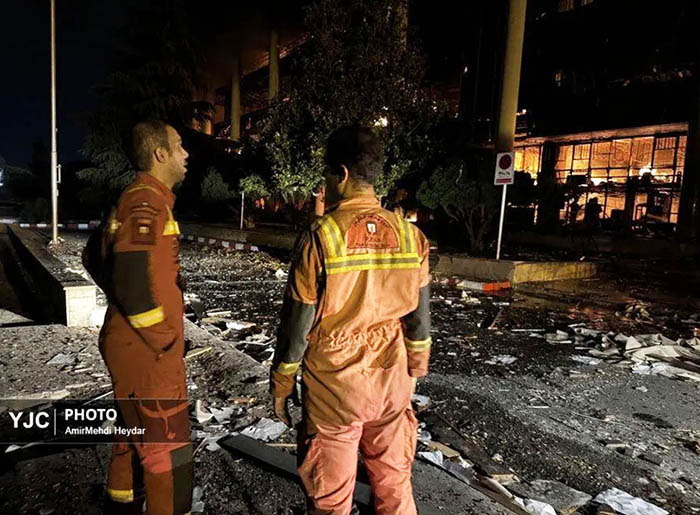Chapter 5: National Unity or Political Tension?
In many ways, the missile attacks have served as a rallying point for national unity, with both opposition and government figures expressing solidarity. Yet, political tensions remain just beneath the surface. Critics of Smotrich argue that the far-right finance minister is using the crisis to rehabilitate his political image, often mired in controversy due to his hardline views on Palestinians and judicial reform.
Nonetheless, even detractors acknowledge the effectiveness of the initial emergency response, particularly the rapid hotel housing strategy and the transparency of damage claims processing.
Prime Minister Benjamin Netanyahu, while managing military strategy, has delegated much of the civilian and economic coordination to Smotrich, indicating a vote of confidence in his minister’s logistical capabilities.
Chapter 6: The Human Story
Beyond numbers and policies lies the human cost of the attacks. Families like the Barons of southern Ashkelon, who lost their home in a missile strike, now live in a modest hotel suite in Netanya. Their 8-year-old son, Yonatan, has not spoken since the evacuation.
Medical teams and volunteers are working round the clock to assist such families. Organizations like Magen David Adom, ZAKA, and Lev Echad have mobilized thousands of volunteers to deliver food, supplies, and emotional support.
Israeli society, which has long learned to cope with trauma, now faces another wave of collective anxiety, but also resilience. Communities have come together to provide for the displaced, and fundraising campaigns are helping supplement government relief.
